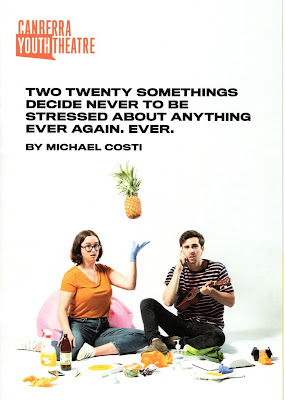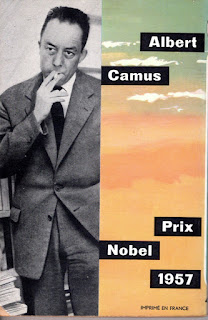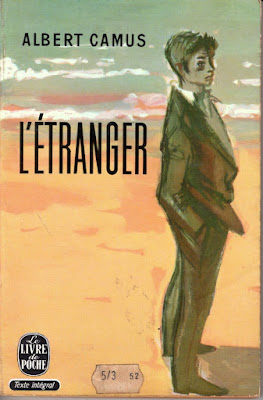West Side Story – the 2021 movie.
Release date: 26 December 2021 (Australia)
Directed by Steven Spielberg
Screenplay by Tony Kushner
Based on West Side Story by Jerome Robbins, Leonard Bernstein, Stephen Sondheim, Arthur Laurents
Starring
Ansel Elgort
Ariana DeBose
David Alvarez
Mike Faist
Rita Moreno
Rachel Zegler
Cinematography: Janusz Kamiński
Edited by Michael Kahn, Sarah Broshar
Music by Leonard Bernstein
Reviewed by Frank McKone (December 27, 2021)
 |
| Photo: westsidestory.com |
 |
| Photo: Nick Tavernise |
 |
| Photo:westsidestory.com |
This West Side Story is the real thing.
It is not a romance, but an insightful tragedy.
Just as Shakespeare intended in his story of Romeo and Juliet
set in the newly-wealthy upper-class merchant family society in which
he grew up in the 1500s; and as Stephen Sondheim intended in his Maria (Rachel Zegler) and Tony
(Ansel Elgort) story of social inequality in his America of massive
economic ‘development’ in the 1950s; so the story presented by Steven
Spielberg is the tragedy of unintended consequences, warning us in the
2020s that human greed ultimately ends in disaster.
It is bad
enough that we as a total world-wide community cannot get our act
together to properly and fairly manage the current pandemic – whose
existence is essentially natural.
Far worse is our belief in our
need for continuously growing wealth which not only causes the divisions
between the haves and the have-nots, the in-groups and the out-groups,
and the impossibility of acceptance – let alone love – across social
boundaries which Shakespeare, Sondheim and Spielberg have all
recognised; but also that human greed has now taken us beyond dancing
against each other with menacing clicking fingers – way beyond Jets and
Sharks upsetting social norms – to the point where human induced heating
of the earth is likely to end ignominiously in the death of humankind,
represented by the killings of the men at the end of West Side Story with no sense of a future for the women.
Spielberg
has been careful to set his movie realistically in the New York of the
1950s, adapting the arts of music, photography and dance, and acting –
as originally written by Sondheim and directed and choreographed by
Jerome Robbins – to show a picture of how and why the street gangs
existed as an necessary element of that society. Spielberg didn’t need
to ‘update’, just as Shakespeare didn’t need to ‘update’ Verona. For
us, today, 1950s New York is as far distant as Verona was for Londoners
in 1597.
Jerome Robbins’ work on stage transported audiences
everywhere into the world of the drama, as all good theatre must. He
made the dance the conduit for our imaginations. The 1961 movie failed
because Ernest Lehman’s screenplay and the directing by Robert Wise and
Jerome Robbins could not make us believe in the reality of the
situation. The dance, the photography and the acting made the story a
mere romance.
Spielberg’s film is of the gritty reality. The
dancing in the streets is integrated into the social life of the
have-nots in the streets where their homes are being destroyed by big
business ‘re-development’ – and that transports us into that reality.
The result, in my view, is that Spielberg’s West Side Story is a substantial work of art, just as Robbins himself achieved on stage. Though the advertising describes the 2021 movie as Musical/Romance 2h 36m,
I can promise you that after those 2 hours and 36 minutes of Tony’s
attempt to believe in himself, after a year’s contemplation in jail for
having nearly killed a man in a ‘rumble’ as the previous leader of The
Jets, and watching Maria’s realisation that she is left with no option
but to do her best for herself despite everything, you will leave the
theatre seeing the world around you for what it really is.
You’ll
not forget Rita Moreno. She plays the widow of Doc, still running the
drugstore he used to run in the original stage show. She is the one
character who understands the reality and the need for compassion and
common sense in an uncertain world.
 |
| The Jets and The Sharks Confrontation in the Dance Hall Photo: westsidestory.com |
 | |
| Rita Moreno as Mrs Doc Photo: westsidestory.com |
© Frank McKone, Canberra







